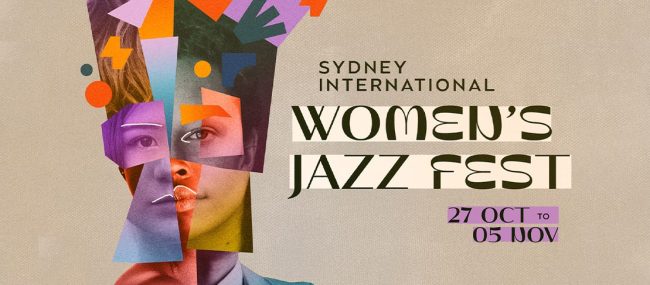Review: Australian Brandenburg Orchestra – Ottoman Baroque
The Australian Brandenburg Orchestra: Ottoman Baroque
City Recital Hall, Angel Place – 21 July 2023
Reviewed by Paul Neeson (Arts Wednesday)

ABO: Ottoman Baroque
The Brandenburgs have certainly taken us in a different direction this time. Artistic Director, Paul Dyer, has found his mystical muse in Jalal al-Din Muhammad Rumi, a 13th century Turkish poet and teacher. As Dyer says in the program notes, his writings “have become a centralising influence in my life”.

ABO: Ottoman Baroque
What we experienced was not a musical concert per se, but two hours of tranquility in an otherwise chaotic world. We became witnesses to a spiritual ritual carefully framed by traditional Ottoman-Turkish music and contemporary Western settings of Rumi’s poem, This Marriage.
Sure we all came to see the spectacle of the Whirling Dervishes, but we came away with so much more. What we found were musical connections between East and West, between traditional and contemporary, between earthly and the spiritual.

ABO: Ottoman Baroque
The Brandenburg Choir was immaculate in their renditions of Rumi’s poetry settings by Joe Twist (Australian commission), Erica Whitacre (one of America’s greatest contemporary choral composers) and Ed Newton-Rex (London-based composer). The eight part score sounded at times like modern diatonic harmonies and more often like brilliantly crafted Renaissance polyphony.
Another commission for this concert was the musical links realised by Hugh Ronzani. Composed in the Taksim style (a traditional Turkish flowing, improvisational form), they act as segues between Western a cappella singing and traditional Turkish music. These links feature a dialogue between the ney (Persian end blown flute) and the Western flute.
The Turkish music was composed by Ali Ufki (an Italian musician who settled in the Ottoman court in the 17th Century) and Kemani Hand Kevser. She was born in Istanbul and was employed at the first Ottoman music Conservatorium in 1917.

ABO: Ottoman Baroque
I have witnessed Whirling Dervishes once before in Cyprus, but in hindsight that was no more than a ‘performance’ for a tourist audience. This was something else entirely. This was a Sufi sacred ritual, the Mevlevi Ceremony. The four dervishes were blessed by the Sheik in turn as they stepped thoughtfully around the space three times. Then the hypnotic meditative ‘dance’ was repeated three times. Not having the insight or tradition to fall back on, we have to assume the number three and its spiritual significance.
We were asked not to applaud at the end of the ceremony, reinforcing that what we were experiencing was sacred, not entertainment. At the end of the night, the audience left the hall quietly and reverently. We had collectively been enlightened, if only for a few hours on a cold Friday night.
The almost sold out season runs until 29 July, so check out the website for more information.

